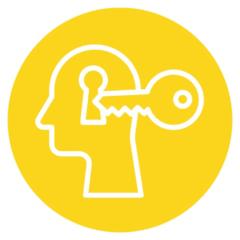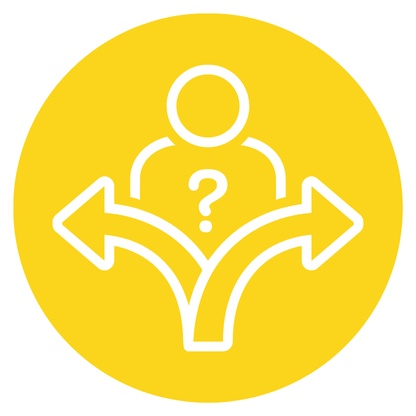Activity
Mon
Wed
Fri
Sun
Jan
Feb
Mar
Apr
May
Jun
Jul
Aug
Sep
Oct
Nov
Dec
What is this?
Less
More
Memberships
Accelerator University
10.3k members • Free
39 contributions to Accelerator University
🥤 Coke's Mistake: Who Do You Listen To?
In this video from Gary Vee, you will learn how to analyze the impact of customer preferences on business decisions by examining Coca-Cola's New Coke failure and its consequences for the company’s sales and brand reputation.
🔧 How can you make your decision right?
In this video from Dan Martell, you will learn how to focus on making decisions rather than worrying if they are right, and then take action to ensure those decisions lead to successful outcomes.
🥿 Master Decision-Making: Choose Two Options
In this video from Simon Sinek, you will learn how limiting choices to two options can enhance decision-making by reducing overwhelm, leading to more confident choices and ultimately better outcomes in both sales and personal life.
🎭 Is perfectionism hiding your progress?
In this video from Dan Martell, you will learn how to identify and overcome perfectionism, understanding that it often leads to procrastination and can hinder your ability to achieve successes like those of others who take action without waiting for perfect conditions.
💡 Empower Your Problem-Solving Skills
In this video from Dan Martell, you will learn how to empower employees to solve problems independently by spending designated amounts without asking for permission, fostering a proactive work environment that encourages responsibility and leadership at all levels.
1-10 of 39
@decision-making-5533
Evaluating options and choosing actions to achieve desired outcomes.
Active 262d ago
Joined Dec 31, 2024
Powered by




